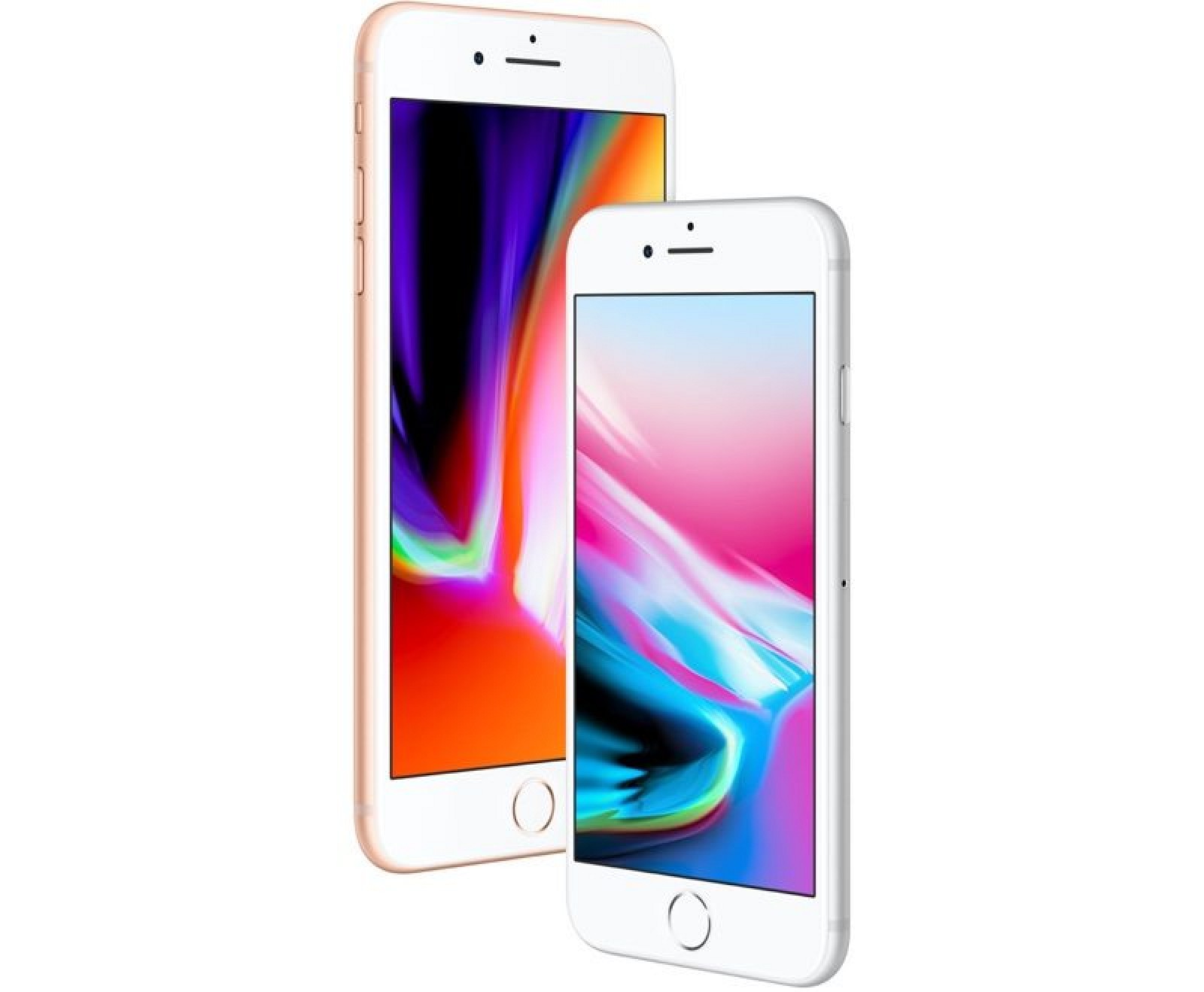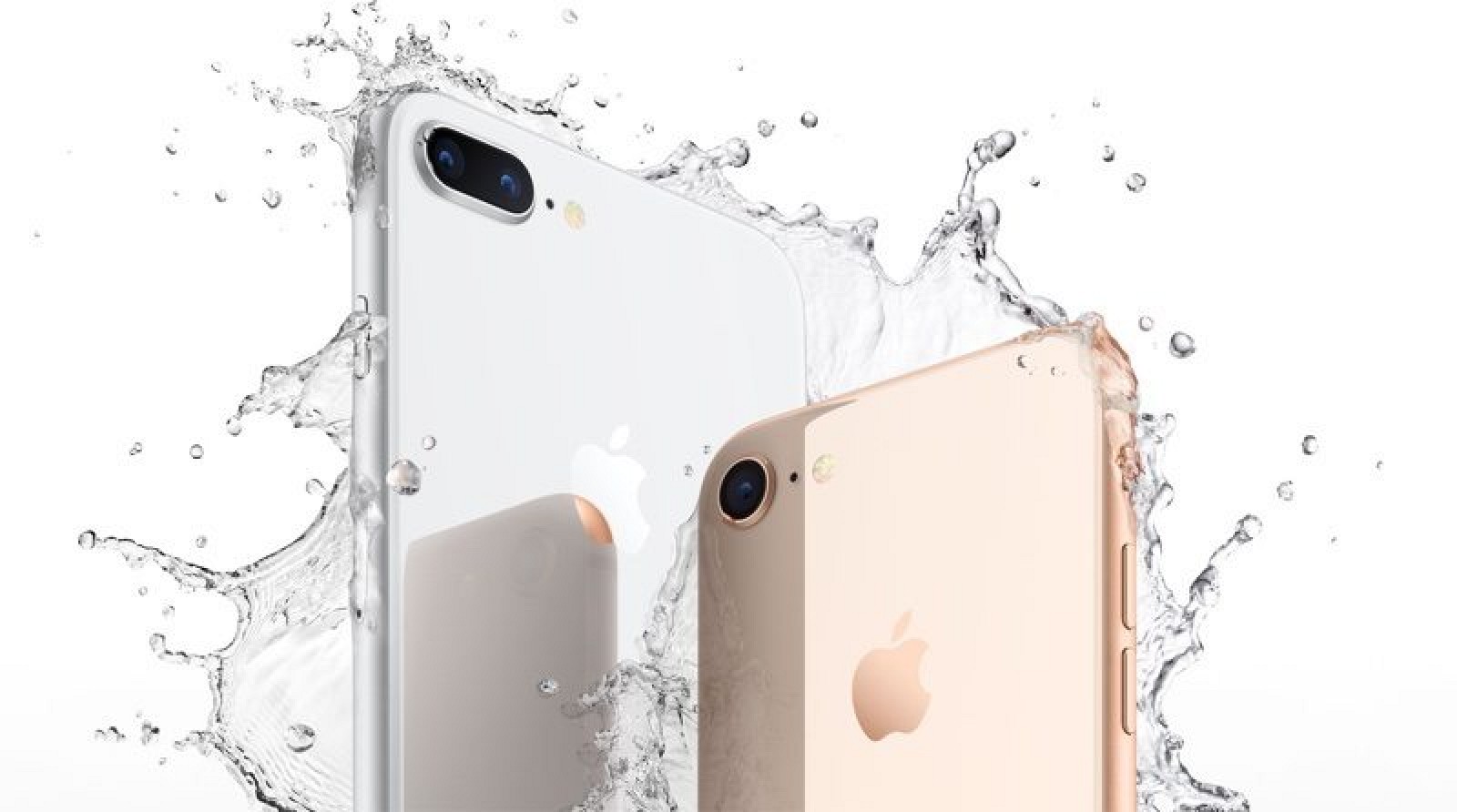iPhone
8 and iPhone 8 Plus Full Feature; Specification; Price; Release Date and
Details News.
At
a Glance
The iPhone 8 and 8 Plus feature
glass bodies that enable wireless charging, faster A11 processors, upgraded cameras,
and True Tone displays.
Features
4.7 and 5.5-inch LCD display
Faster A11 processor
Glass body
Upgraded camera
Louder speakers
Wireless inductive charging
At its annual September iPhone event, which took
place on September 12, Apple unveiled three new iPhones: the iPhone 8, the
iPhone 8 Plus, and the iPhone X. While the iPhone X is the new high-end
flagship device, the iPhone 8 and the iPhone 8 Plus both feature some major
improvements.
Like the iPhone X, the iPhone 8 and the iPhone 8
Plus feature an all-glass design, with new aluminum-framed glass bodies
available in Space Gray, Gold, and Silver. Apple uses a seven-layer color
process for "precise" hue and opacity, and the devices are
constructed from the most durable glass ever used in a smartphone.
Aside from the glass design, the two new
devices are otherwise nearly identical to the iPhone 7 and the iPhone 7 Plus,
available in 4.7 (iPhone 8) and 5.5-inch (iPhone 8 Plus) size options with
Touch ID and standard bezels. Both the iPhone 8 and the iPhone 8 Plus are IP67
water and dust resistant, and the speakers in the device are 25 percent louder
with deeper bass.

New Retina HD displays have been added, with
support for True Tone to match the color of the display to the ambient lighting
for a more natural paper-like viewing experience. The display is the same
brightness as the display in the iPhone 7 and continues to offer
cinema-standard wide color gamut.
A new A11 Bionic chip features a six-core CPU
design with two performance cores that are 25 percent faster and four
efficiency cores that are 70 percent faster than the A10 Fusion chip in
previous-generation devices.
Apple is introducing a new second-generation
performance controller that's able to harness all six of the cores at the same
time, for 70 percent better performance for multi-threaded workloads. The A11
Bionic also includes a three-core GPU that's up to 30 percent faster than the
previous-generation GPU.
There's an improved 12-megapixel rear camera
in the iPhone 8, with a dual-camera setup again available in the iPhone 8 Plus.
Both models feature larger and faster sensors, a new color filter, and deeper
pixels. With a new image signal processor, there's advanced pixel processing,
wide color capture, faster autofocus in low light, and better HDR photos.

A new quad LED True Tone Flash with Slow Sync
provides more uniformly lit backgrounds and foregrounds when using the flash.
When it comes to video, the camera can
capture 4K video up to 60fps and 1080p slo-mo up to 240fps. A new video encoder
offers up real-time image and motion analysis for better quality video.
On the iPhone 8 Plus, there's a new Portrait
Lightning feature available for Portrait Mode, which is designed to allow
iPhone users to add studio lighting effects to Portrait photos.
The iPhone 8 and iPhone 8 Plus have been
designed with augmented reality experiences in mind. Each camera features
individual calibration with new gyroscopes and accelerometers for more accurate
motion tracking.
With their glass bodies, the iPhone 8 and the
iPhone 8 Plus support Qi-based inductive wireless charging and are able to
charge using a range of Qi-supported charging mats.
The iPhone 8 and the iPhone 8 Plus are available
in 64 and 256GB capacities, with pricing starting at $699 for the iPhone 8 and
$799 for the larger iPhone 8 Plus.
Apple plans to begin
accepting pre-orders for the iPhone 8 and iPhone 8 Plus on September 15, with
the devices seeing an official launch on September 22.


No comments:
Post a Comment